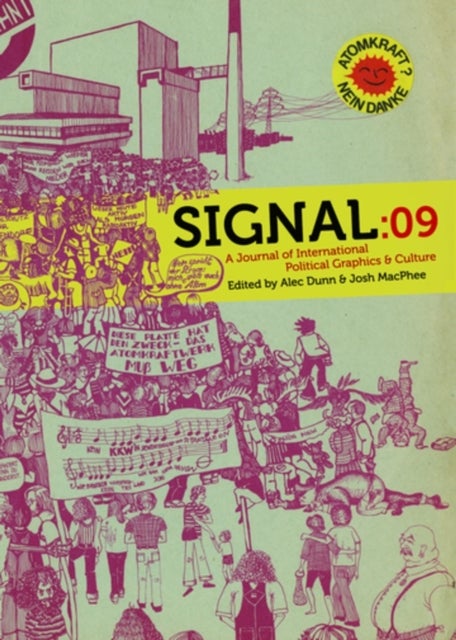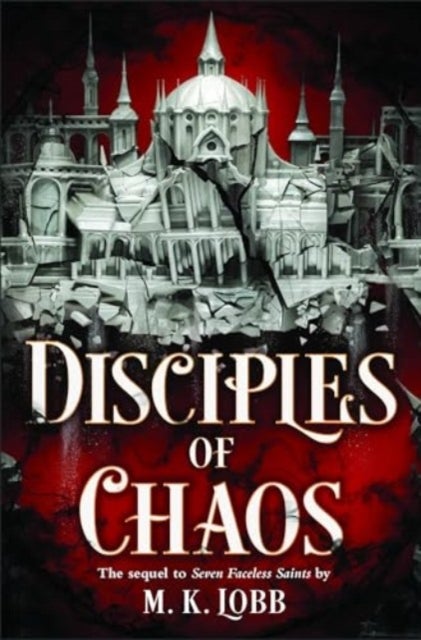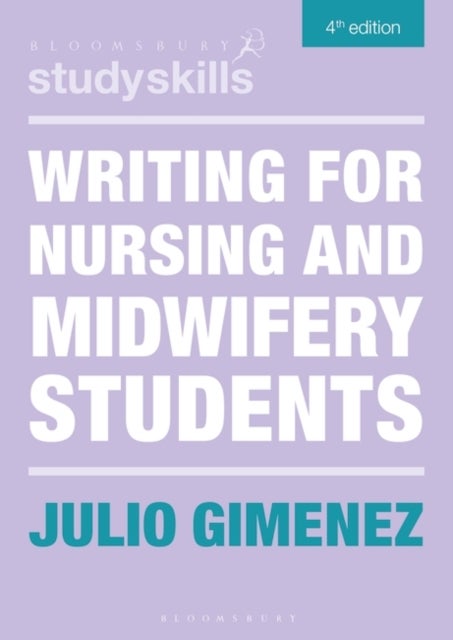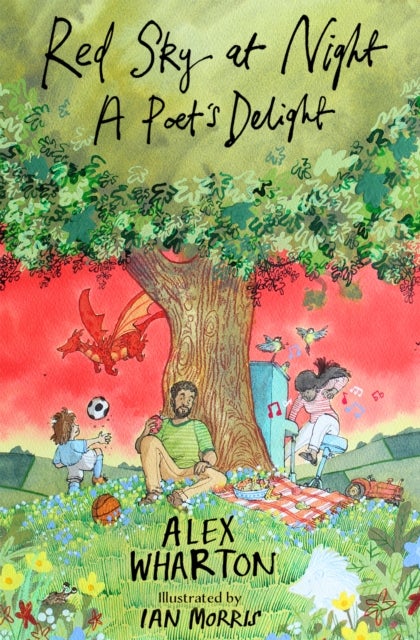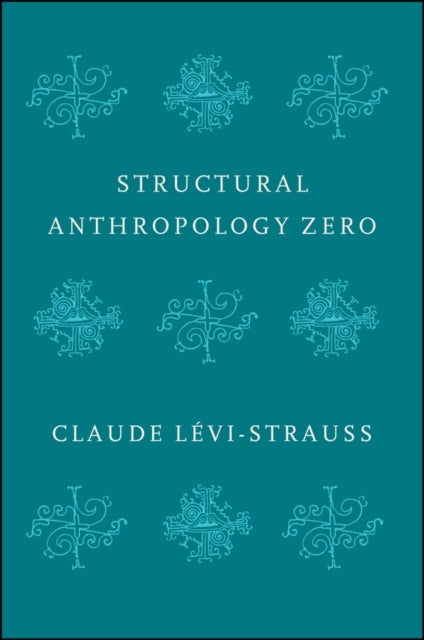
Structural Anthropology Zero av Claude (College de France) Levi-Strauss
279,-
<p>This volume of L¿-Strauss''s writings from 1941 to 1947 bears witness to a period of his work which is often overlooked but which was the crucible for the structural anthropology that he would go on to develop in the years that followed.</p><p>Like many European Jewish intellectuals, L¿-Strauss had sought refuge in New York while the Nazis overran and occupied much of Europe. He had already been introduced to Jakobson and structural linguistics but he had not yet laid out an agenda for structuralism, which he would do in the 1950s and 60s. At the same time, these American years were the time when L¿-Strauss would learn of some of the world''s most devastating historical catastrophes - the genocide of the indigenous American peoples and of European Jews. From the beginning of the 1950s, L¿-Strauss''s anthropology tacitly bears the heavy weight of the memory and possibility of the Shoah. To speak of ''structural anthropology zero'' is therefore to refer to the source of a way of think

